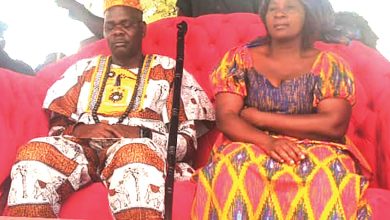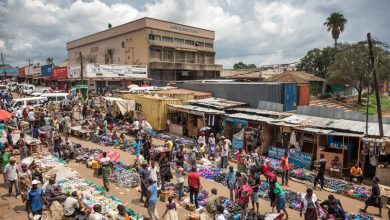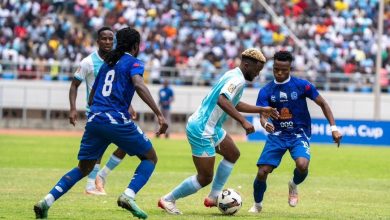DPP set to lead in 50% councils
Based on official results from the September 16 General Election local government race, Democratic Progressive Party (DPP) is on course to take leadership roles in at least 19 out of 36 councils, it has emerged.
The Nation analysis of the results that Malawi Electoral Commission (MEC) chairperson Annabel Mtalimanja announced on Sunday indicate that DPP, which also won the presidential race and the most seats in Parliament, secured enough wards to grab mayoral and council chairperson positions, including in Blantyre, Lilongwe and Zomba cities.

In case of Mzuzu City, the opposition Malawi Congress Party (MCP) has the numbers although a marriage of convenience between DPP, UTM Party and independents could block the erstwhile governing party from carrying the day. MCP has four wards in the city against three each for UTM, independents and DPP.
The results also show that MCP can take charge of seven councils, including Kasungu Municipality if councillors vote for candidates based on political party affiliation.
On the other hand, nine councils remain open with independent councillors expected to be kingmakers.
In the Northern Region, The Nation analysis shows that MCP dominated Mzimba with 13 out of 25 wards while independents have six out of 10 wards in Chitipa and DPP have three out four in Likoma.
In the Central Region, DPP is likely to control Ntcheu and Lilongwe City while MCP has dominated Ntchisi, Dowa, Kasungu Municipality, Lilongwe District, Dedza, Mchinji and Kasungu District.
In Nkhotakota, MCP’s five wards edge out DPP’s four, leaving the sole independent councillor as the kingmaker while in Salima, three independent councillors are set to be a decisive factor as DPP has six wards against three for MCP.
In the Southern Region, DPP is projected to take full control of 16 out 17 councils. However, in Mwanza District, the governing party has two of the four wards with MCP and an independent taking the other two.
Previously, members of Parliament used to vote in councils, but the High Court of Malawi sitting as a Constitutional Court in May this year stripped the legislators of the voting rights.
Reacting to the emerging pattern following the results, electoral and identity politics expert Ernest Thindwa said DPP’s projected dominance in councils is not surprising considering the party’s performance in all three elections during the September 16 2025 General Election.
But he stressed that the commitment of the leaders to service delivery and citizens’ involvement in demanding accountability is what matters most.
“To strengthen accountability, councils should be issuing quarterly reports to the public and citizens should be given latitude to observe council meetings,” said Thindwa.
Political analyst George Chaima, in a separate interview, said the numbers give the DPP an advantage to push its development agenda at council level.
However, he cautioned the governing party against exploiting the absence of strong opposition in some councils.
Out of the 502 wards where MEC conducted elections, DPP won 249 followed by MCP with 143 and independent candidates secured 83. UTM Party claimed 14 wards, United Democratic Front (UDF) six, People’s Party three, National Development Party two and one each for Odya Zake Alibe Mlandu, People’s Development Party and Alliance for Democracy.
In the 2019 Tripartite Elections, DPP secured 161 out of 460 local government wards followed by MCP with 160 while independents scooped 70, UTM 39 and UDF 20.
The councillors elected this year are the fourth cohort after similar elections in 2000, 2014 and 2019. There were no local government elections in 1994 and 2004.





